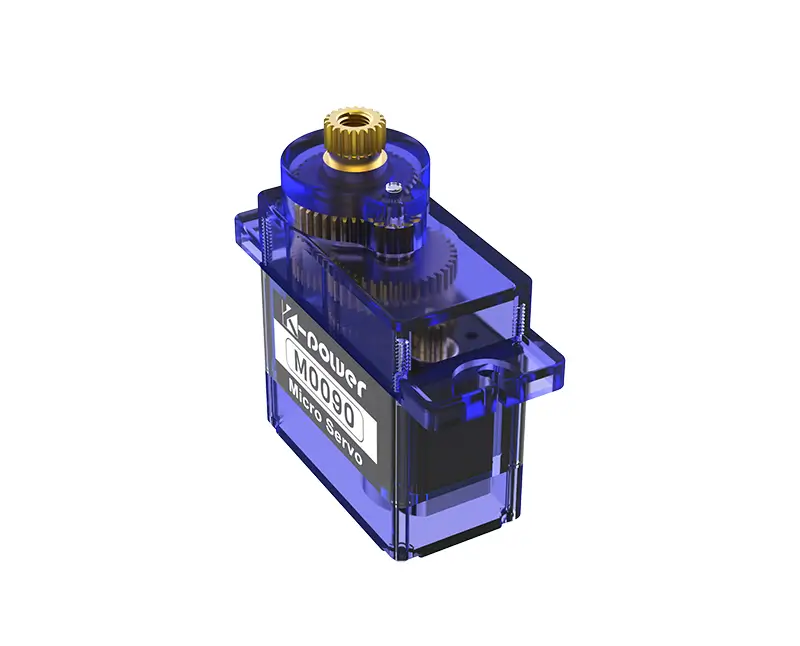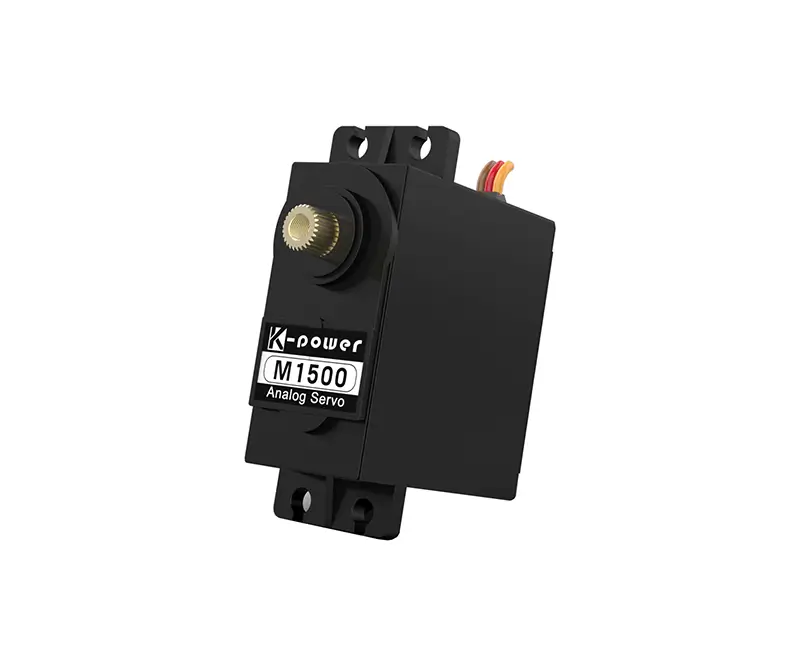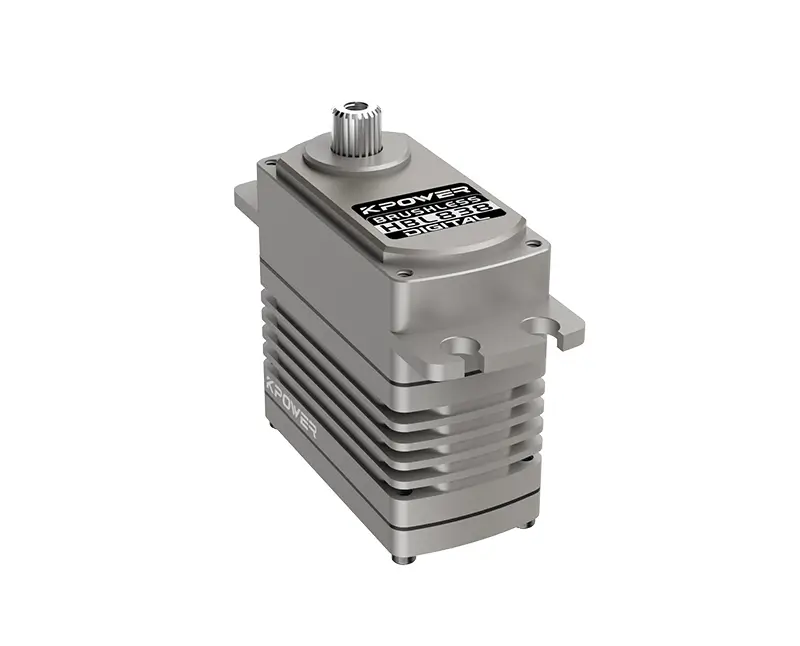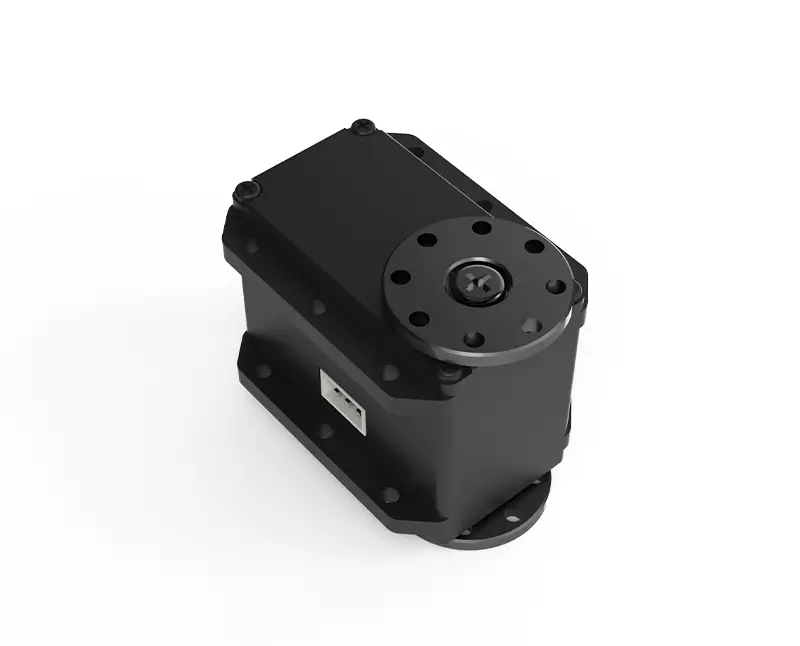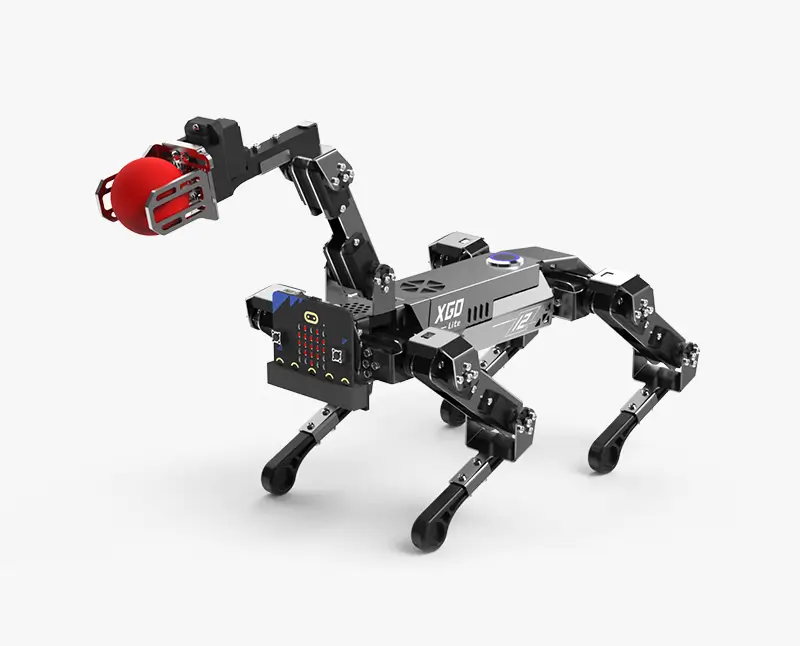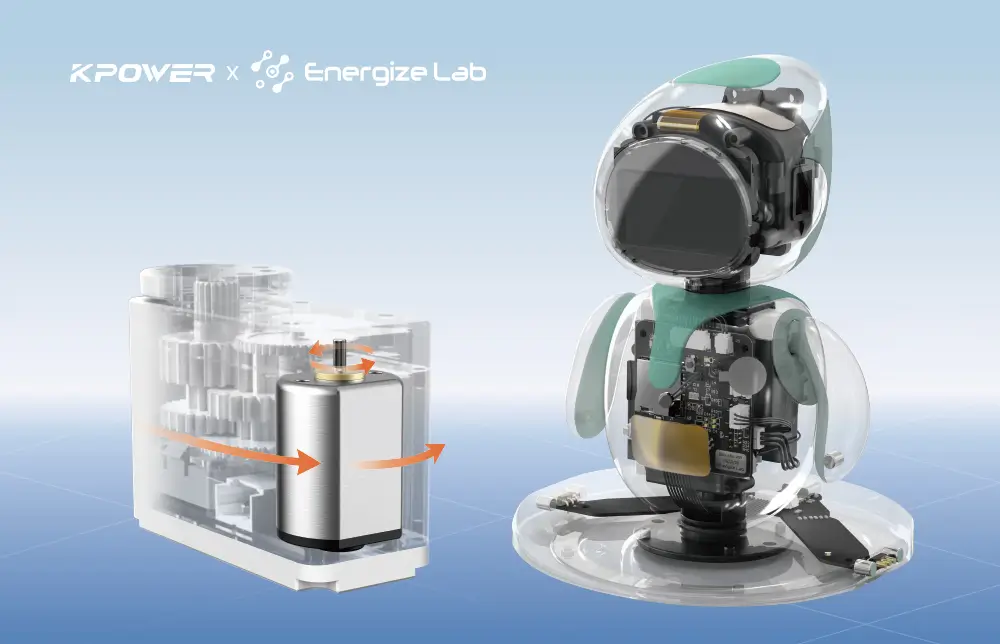Understanding Delta Servo Motor Pricing and Value Proposition
In the fast-paced world of industrial automation, Delta servo motors have carved a niche as reliable, high-performance components that power everything from robotic arms to CNC machines. But when it comes to investing in these precision-driven devices, one question dominates the conversation: What is the price of a Delta servo motor, and is it worth the investment?
.webp)
The Role of Servo Motors in Modern Automation
Servo motors are the backbone of automation systems, offering unparalleled control over speed, torque, and positioning. Unlike standard motors, servo systems use feedback mechanisms to adjust performance in real time, making them indispensable for applications requiring accuracy—think semiconductor manufacturing, packaging lines, or 3D printing. Delta’s servo motors, in particular, are celebrated for their energy efficiency, compact design, and seamless integration with other automation components like PLCs and HMIs.
Factors Influencing Delta Servo Motor Prices
The price of a Delta servo motor isn’t a one-size-fits-all figure. It fluctuates based on several variables:
Motor Specifications: Power Rating: Motors range from 50W to 15kW, with prices increasing alongside power output. A 400W Delta ASDA-B3 series motor, for example, might cost $500–$800, while a 3kW model could exceed $2,500. Feedback Resolution: High-resolution encoders (20-bit or higher) boost precision but also add to the cost. Torque and Speed: Motors designed for high-torque or ultra-high-speed applications command premium pricing.
Technology and Features: Delta’s advanced models, such as the ASDA-A3 series with built-in motion control and EtherCAT compatibility, incorporate cutting-edge tech. These features enhance performance but also raise the price by 20–30% compared to basic models.
Market Demand and Supply Chain Dynamics: Global shortages of semiconductors and raw materials (e.g., copper, rare-earth magnets) have impacted motor prices. Delta’s vertically integrated manufacturing helps mitigate these fluctuations, but buyers may still face lead time delays during peak demand.
Customization: Off-the-shelf motors are cheaper, but industries like aerospace or medical devices often require customized solutions—waterproofing, special coatings, or unique shaft designs—which can double the base price.
Delta vs. Competitors: A Price-Performance Analysis
How does Delta stack up against brands like Siemens, Yaskawa, or Mitsubishi? Let’s break it down:
Siemens: Known for robustness but 15–25% pricier than Delta for comparable specs. Yaskawa: Offers similar performance but lacks Delta’s energy-efficient designs, leading to higher long-term operational costs. Mitsubishi: Competes closely on price, but Delta’s user-friendly software (e.g., Delta’s ASDA-Soft) gives it an edge in ease of integration.
Delta’s sweet spot lies in balancing upfront costs with lifecycle savings. For instance, their IE4-class motors reduce energy consumption by up to 40%, slashing electricity bills in high-duty-cycle applications.
Case Study: Cost Savings in Action
A food packaging plant replaced its legacy servo motors with Delta’s ASDA-B2 series. Despite a 10% higher initial investment, the plant saw a 22% drop in energy costs and a 30% reduction in downtime due to the motors’ predictive maintenance features. Over three years, this translated to $150,000 in savings—far outweighing the upfront price difference.
Smart Strategies to Optimize Delta Servo Motor Costs
While Delta servo motors offer compelling value, optimizing their cost requires strategic planning. Here’s how businesses can maximize ROI without compromising performance.
1. Bulk Purchasing and Supplier Partnerships
Buying in bulk from authorized Delta distributors often unlocks volume discounts. For example, purchasing 10+ units of the 750W ASDA-B3 motor might reduce the per-unit cost from $1,200 to $1,000. Building long-term relationships with suppliers can also grant access to exclusive deals or priority shipping during shortages.
2. Refurbished or Reconditioned Motors
Certified refurbished Delta motors are a budget-friendly alternative, priced 30–50% lower than new units. These motors undergo rigorous testing and come with warranties, making them ideal for non-critical applications or small businesses.
3. Energy Efficiency = Long-Term Savings
Delta’s ECMA series servo motors, compliant with IE4 efficiency standards, might have a 15% higher sticker price than standard models. However, their lower power consumption can yield a payback period of under 18 months in 24/7 operations. Use Delta’s energy calculator tools to project savings specific to your workload.
4. Modular Systems and Scalability
Delta’s modular design philosophy allows users to start with a base model (e.g., a 200W motor) and upgrade components (encoders, brakes) as needs evolve. This approach spreads costs over time and avoids over-investing in oversized hardware.
5. Leverage Delta’s Integrated Ecosystem
Pairing Delta servo motors with Delta PLCs, drives, or HMIs simplifies integration and reduces compatibility costs. For example, the Delta ASDA-M softwar e automatically configures motor parameters when connected to a Delta DVP-PLC, cutting commissioning time by 50%.
Future Trends: How Innovation Will Shape Pricing
AI-Driven Motors: Delta is investing in motors with embedded AI for self-optimizing performance. While these will debut at a premium, they’ll reduce downtime and energy waste. Localized Production: To counter supply chain risks, Delta is expanding factories in Europe and North America. This could stabilize prices regionally but may lead to slight hikes in the short term. Circular Economy: Delta’s recycling programs for end-of-life motors will lower TCO (total cost of ownership) for eco-conscious buyers.
Final Word: The True Cost of Compromise
Choosing a cheaper, non-brand servo motor might save $500 upfront, but risks like frequent breakdowns, higher energy bills, and costly retrofits can erode savings quickly. Delta’s reputation for reliability—evidenced by a 0.5% failure rate in the first five years—makes it a prudent investment for mission-critical applications.
In conclusion, Delta servo motor pricing reflects a harmony of innovation, quality, and lifecycle value. By aligning purchasing strategies with operational needs and leveraging Delta’s ecosystem, businesses can achieve automation excellence without breaking the bank.
This two-part guide equips you with insights to navigate the Delta servo motor market confidently. Whether you’re a plant manager or an automation engineer, understanding these dynamics ensures you invest wisely in technology that drives productivity and growth.


































.webp)
